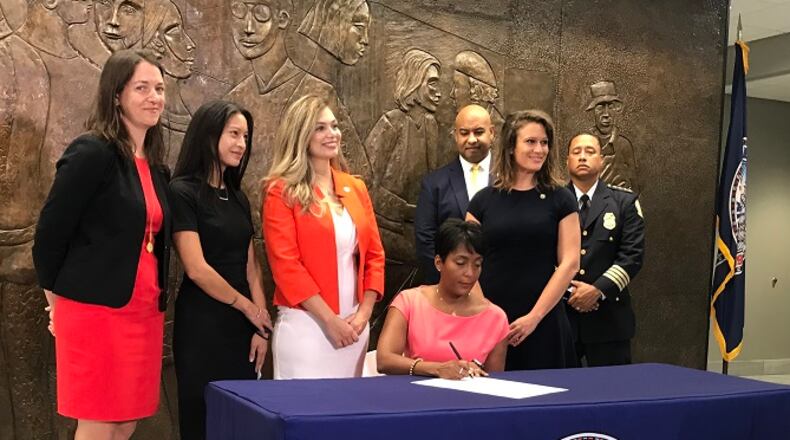The City of Atlanta and the Latino Community Fund Georgia have launched a survey of the city’s communities of color to measure the effects of COVID-19 on Black, Latinx and immigrant residents.
The survey is part of a wider national effort to reach at least 1,000 residents in Atlanta and four other large urban areas: Austin, TX.; Louisville, KY.; Denver, CO.; and Tulsa, OK.
The Walmart Foundation and the New American Economy, a bipartisan research and advocacy organization that promotes the benefits of immigration reform, are sponsors.
It will ask questions in multiple languages surrounding the subjects of personal and household well-being, access to economic relief, cultural and linguistic inclusion and perception of COVID-19 response and sense of belonging, according to a press release issued by Atlanta Mayor Keisha Lance Bottoms’ office Wednesday.
“Our Administration is committed to leading the way on equitable and resilient pandemic relief,” Bottoms said in the release. “We know that our immigrant and black and brown communities have been disproportionally impacted by COVID-19, but we need to understand how they have been impacted beyond contagion rates.”
Gilda (Gigi) Pedraza, executive Director and founder of Latino Fund Georgia, said virus’ effects will be lasting and profound.
“Documenting how they look in the daily lives of some of the most vulnerable immigrant communities in the country is the first step towards equitable recovery,” Pedraza said.
About the Author
Keep Reading
The Latest
Featured


